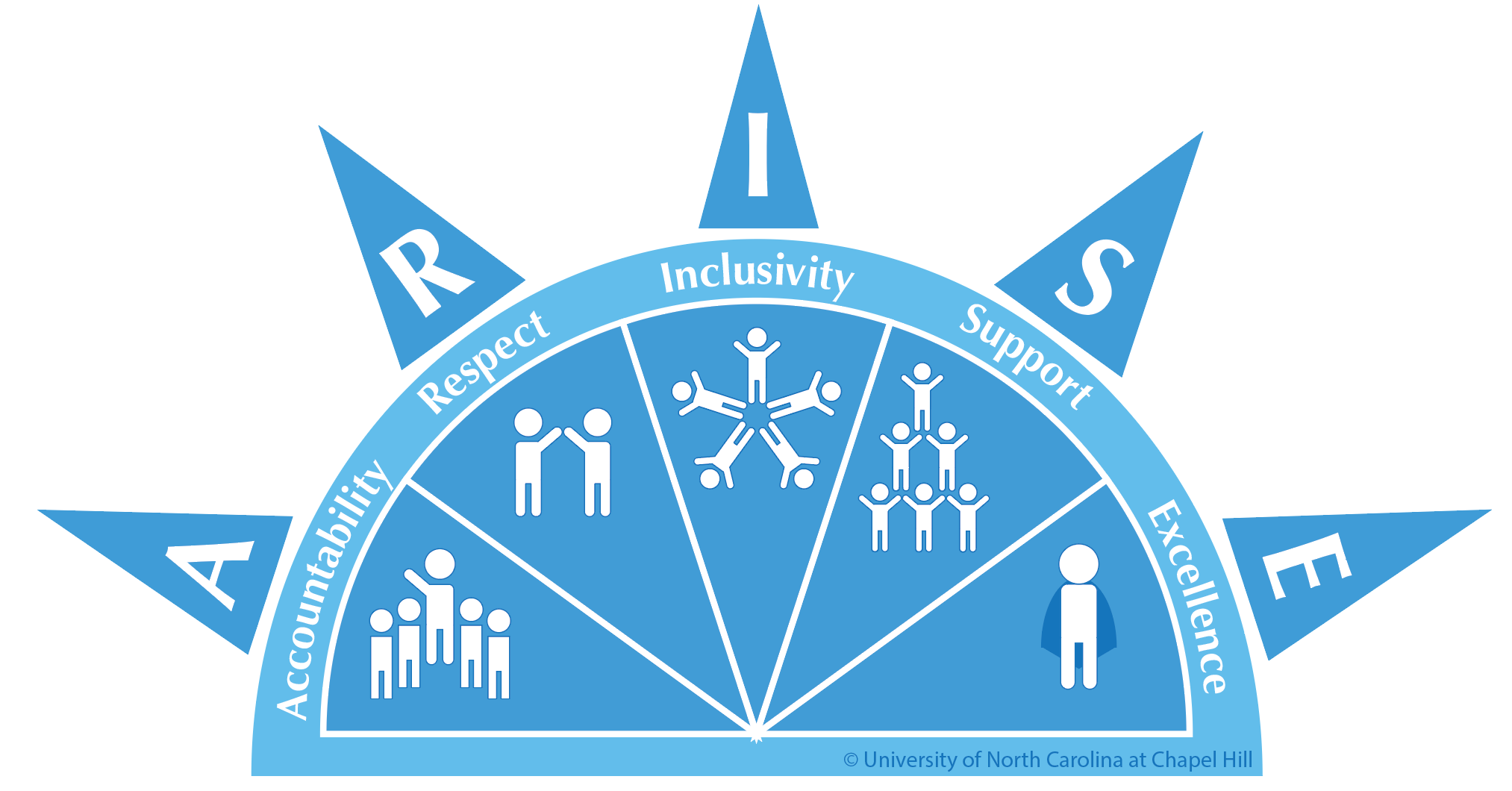Mentoring Corner

The Biology department recognizes that quality mentoring is critical to the development of young scientists, the vibrancy of our community and a key element to doing science at the highest level. We consider mentoring integral to successful learning and discovery from the undergraduate to most senior faculty level. Quality mentoring is a core value of the department and one that is taken seriously at all levels.
Collegial contact guidelines for professional interactions:
Resources for Mentors:
- Sample Mentoring Compact – from PLOS article
Resources for Mentees:
- The Biology Graduate Student Association (BGSA) put together this list of questions to explore with your advisor (or potential advisor) to make sure that you are both aligned on a number of potentially important issues.
- The BBSP has also produced a related document that focuses on what students should expect from their mentors and vice versa.
- Individual development plans (IDP) can provide a useful and strategic framework across diverse aspects of your graduate career, and allows you to look back at past progress if implemented and reviewed on a yearly basis.
- IDP Example
- Direct communication with advisor or colleague
- Contact your thesis committee
- Contact your DGS
- Contact the Department of Biology Safe Spaces Committee
- Complete and submit a Grievance Report
- Visit The Graduate School’s Diversity and Student Success Program website
- If you are feeling that there is an issue in your workplace where you feel uncomfortable and need help, go to Safe at UNC for many resources.
- If you feel overwhelmed and depressed, please seek immediate help from Campus Counseling Services, National Suicide Prevention Lifeline at 1-800-273-8255 or text STEVE to 741741 to connect with a trained crisis counselor.
- See the Committee’s helpful resource page specific to your options after an abuse of power.